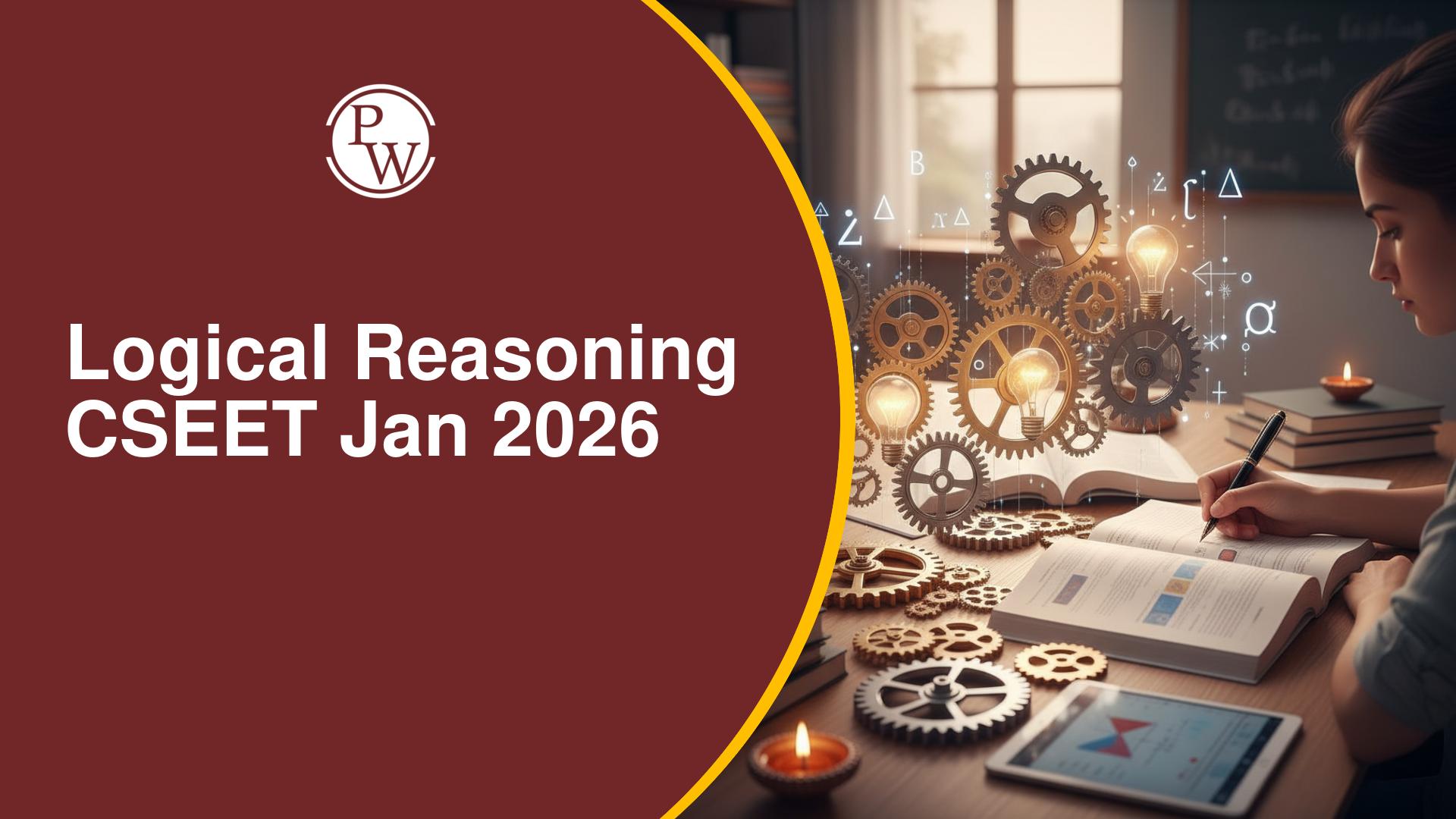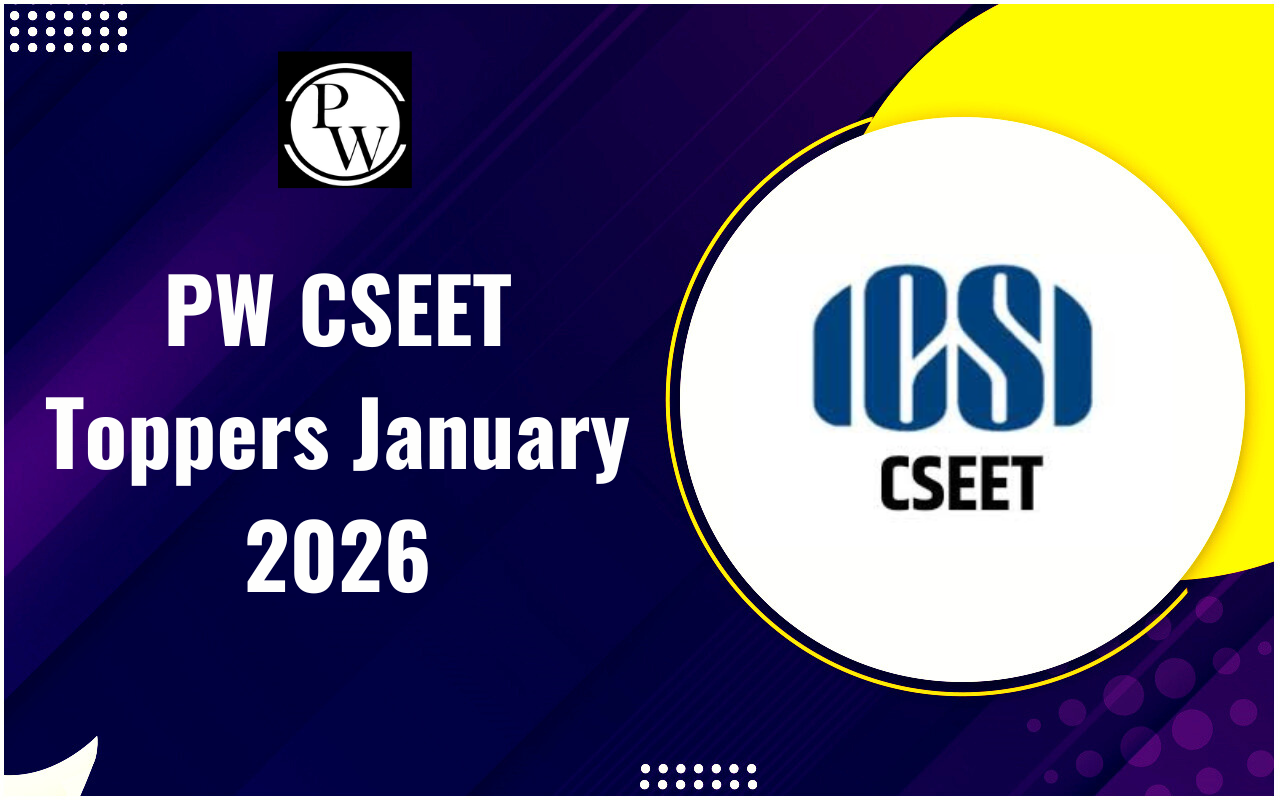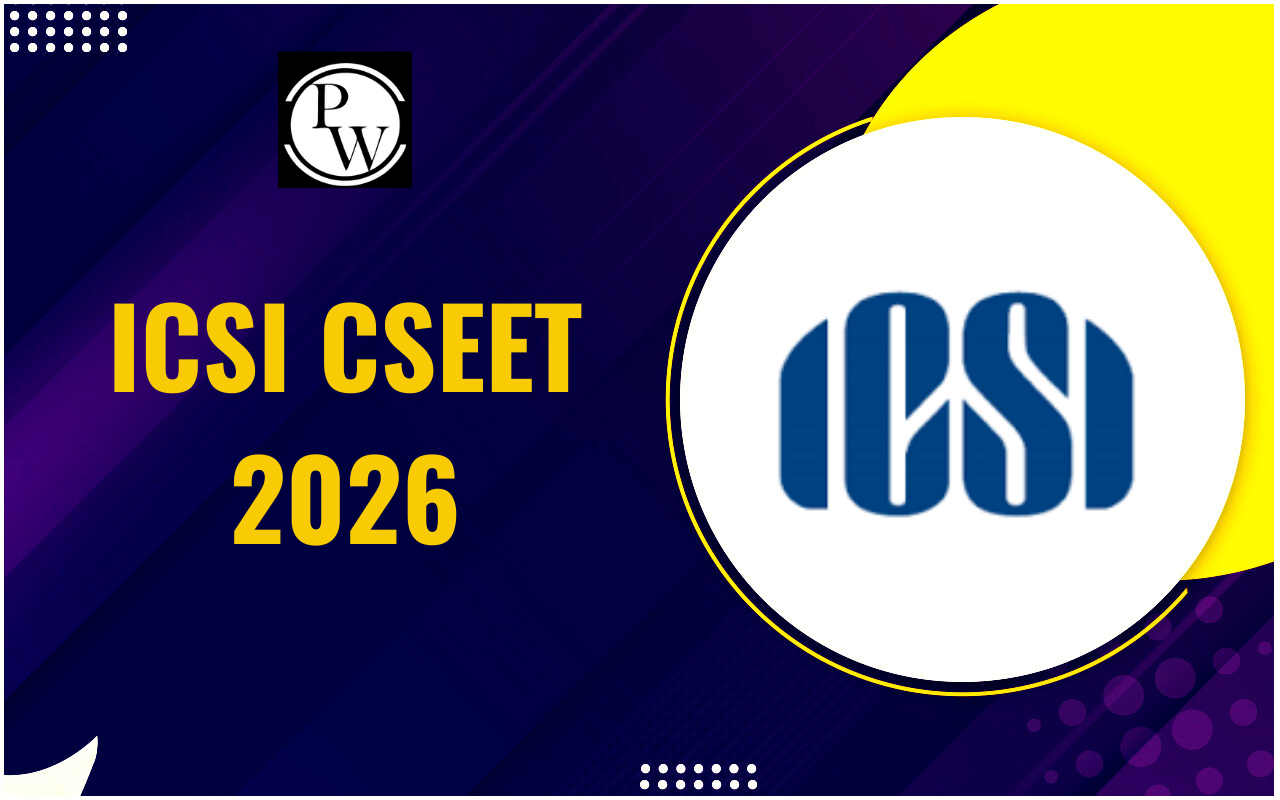
The Civil Procedure Code (CPC), 1908, forms the backbone of civil litigation in India. It outlines the procedural framework for resolving disputes between individuals or entities in courts of law. This article serves as a basic guide, exploring some key concepts enshrined in the CPC for CS Exam .
Civil Procedure Code
The Civil Procedure Code, enacted in 1908, is a comprehensive legislation governing the procedure for instituting and conducting civil suits and appeals in India. It aims to ensure a fair, efficient, and orderly adjudication of disputes by laying down clear rules for filing suits, presenting evidence, and enforcing judgments.Civil Procedure Code Important Terms
Understanding some key terms used in the Civil Procedure Code is crucial:- Suit: A proceeding instituted in court to enforce a legal right or claim.
- Plaintiff: The person who initiates the suit.
- Defendant: The person against whom the suit is filed.
- Cause of Action: The set of facts that gives rise to the plaintiff's legal right to sue.
- Jurisdiction: The power of a court to hear and decide a particular type of case.
- Venue: The geographical location where a suit should be filed.
- Decree: The formal judgment pronounced by the court at the conclusion of a suit.
Also Check: Sources of Law, Primary and Secondary Sources
Jurisdiction of Courts and Venue of Suits
The Civil Procedure Code prescribes which courts have the authority to hear different types of cases (jurisdiction) and where a suit should be filed (venue). Factors like the value of the claim, the subject matter of the dispute, and the location of the defendant all influence venue decisions.Stay of Suit (Doctrine of Res Sub Judice)
The doctrine of "Res Sub Judice" (Latin for "matter already under judgment") prevents a party from filing multiple suits on the same cause of action in different courts. If a suit is already pending before a competent court, a subsequent suit on the same cause of action can be stayed (paused) until the first suit is decided.Res Judicata
The principle of "Res Judicata" (Latin for "a thing adjudged") prevents relitigation of the same issue between the same parties or their privies (those who derive their title or interest from them). A final judgment or decree on a particular issue by a competent court is binding on the parties in subsequent suits arising from the same cause of action.Set-off, Counter-claim and Equitable Set-off
In accordance with the Civil Procedure Code, defendants have the right to raise counterclaims against the plaintiff that stem from the same or related transactions. A set-off refers to reducing the amount owed by the plaintiff by the amount the defendant owes. An equitable set-off allows a defendant to raise claims that may not strictly qualify as a legal set-off but are deemed fair given the circumstances.Detention, Preservation, Inspection etc. of Subject-matter of Suit
The CPC empowers courts to order the detention, preservation, or inspection of property that is the subject matter of the suit. This ensures that evidence is not tampered with and protects the rights of both parties.Delivery of Summons by Court
A summons is a legal document issued by the court requiring the defendant to appear and defend the lawsuit. The Civil Procedure Code (CPC) outlines the procedure for serving summons on the defendant to ensure that they are properly notified of the proceedings against them.Appeals
Dissatisfied parties have the right to appeal a lower court decision to a higher court. The CPC specifies the types of appeals, time limits, and procedures for pursuing them.Summary Judgment
In certain cases, the court can grant summary judgment without a full trial if it is clear that there is no genuine issue of material fact and one party is entitled to judgment as a matter of law.Saving of Inherent Powers of Court
The CPC acknowledges the inherent powers of courts to do all things necessary for the ends of justice or to prevent abuse of the legal process. These powers can be used in situations not explicitly covered by the Code. Join PW Company Secretary courses and unlock a prestigious career in corporate governance—expertly designed programs for all levels. Enroll now at PW Courses and secure your future!Law relating to Civil Procedure FAQs
What is the Civil Procedure Code (CPC), 1908?
The CPC, 1908, is comprehensive legislation that governs the procedure for instituting and conducting civil suits and appeals in India, ensuring fair and orderly adjudication of disputes.
What is the principle of Res Sub Judice in the CPC?
Res Sub Judice prevents multiple suits on the same cause of action from being filed in different courts by staying subsequent suits until the first suit is decided.
What does Res Judicata mean in the context of the CPC?
Res Judicata means "a thing adjudged," preventing the relitigation of the same issue between the same parties once a competent court has made a final judgment or decree.
How does the CPC handle counterclaims and set-offs?
The CPC allows defendants to raise counterclaims arising from connected transactions and permits set-offs, which reduce the plaintiff's recoverable amount by the amount the defendant owes.
What are the inherent powers of the court under the CPC?
The CPC acknowledges the inherent powers of courts to ensure justice and prevent abuse of legal process, applicable in situations not explicitly covered by the Code.
🔥 Trending Blogs
Talk to a counsellorHave doubts? Our support team will be happy to assist you!

Check out these Related Articles
Free Learning Resources
PW Books
Notes (Class 10-12)
PW Study Materials
Notes (Class 6-9)
Ncert Solutions
Govt Exams
Class 6th to 12th Online Courses
Govt Job Exams Courses
UPSC Coaching
Defence Exam Coaching
Gate Exam Coaching
Other Exams
Know about Physics Wallah
Physics Wallah is an Indian edtech platform that provides accessible & comprehensive learning experiences to students from Class 6th to postgraduate level. We also provide extensive NCERT solutions, sample paper, NEET, JEE Mains, BITSAT previous year papers & more such resources to students. Physics Wallah also caters to over 3.5 million registered students and over 78 lakh+ Youtube subscribers with 4.8 rating on its app.
We Stand Out because
We provide students with intensive courses with India’s qualified & experienced faculties & mentors. PW strives to make the learning experience comprehensive and accessible for students of all sections of society. We believe in empowering every single student who couldn't dream of a good career in engineering and medical field earlier.
Our Key Focus Areas
Physics Wallah's main focus is to make the learning experience as economical as possible for all students. With our affordable courses like Lakshya, Udaan and Arjuna and many others, we have been able to provide a platform for lakhs of aspirants. From providing Chemistry, Maths, Physics formula to giving e-books of eminent authors like RD Sharma, RS Aggarwal and Lakhmir Singh, PW focuses on every single student's need for preparation.
What Makes Us Different
Physics Wallah strives to develop a comprehensive pedagogical structure for students, where they get a state-of-the-art learning experience with study material and resources. Apart from catering students preparing for JEE Mains and NEET, PW also provides study material for each state board like Uttar Pradesh, Bihar, and others
Copyright © 2026 Physicswallah Limited All rights reserved.









